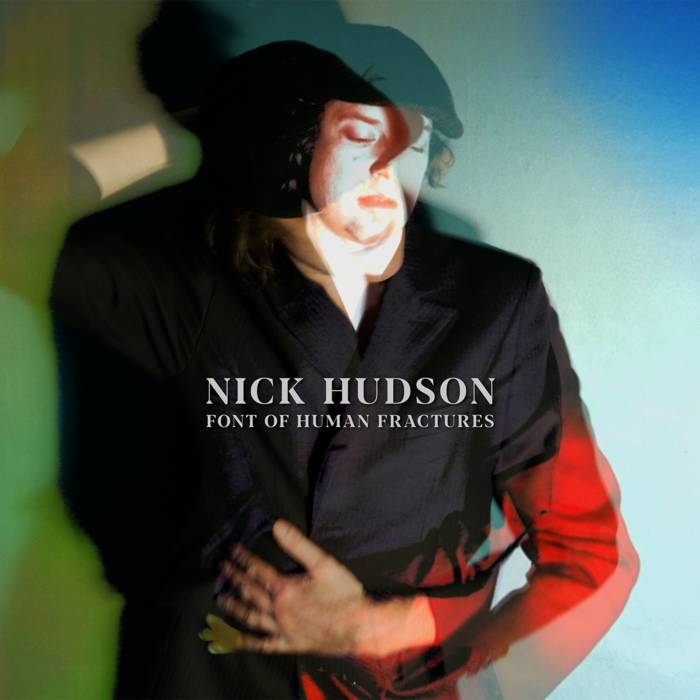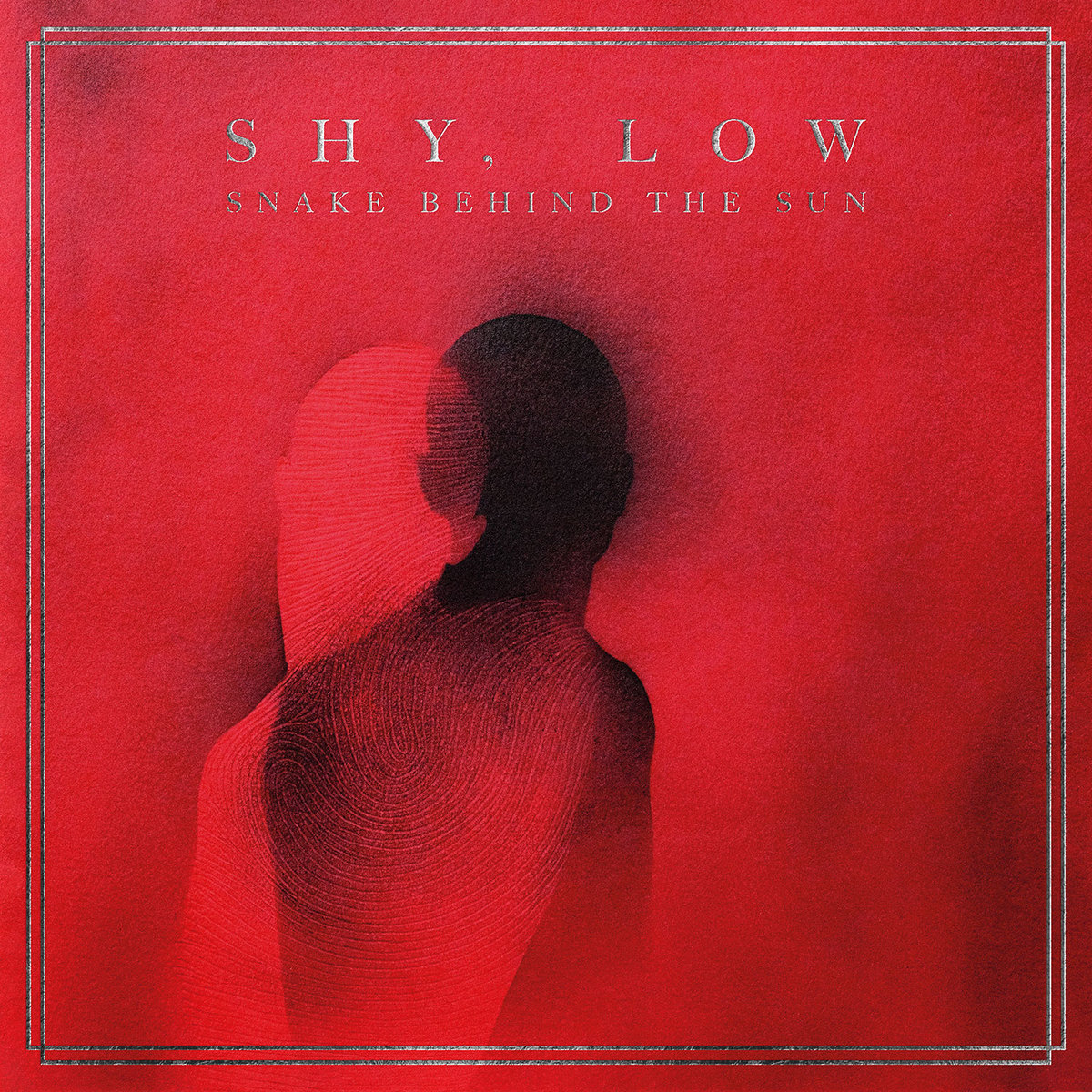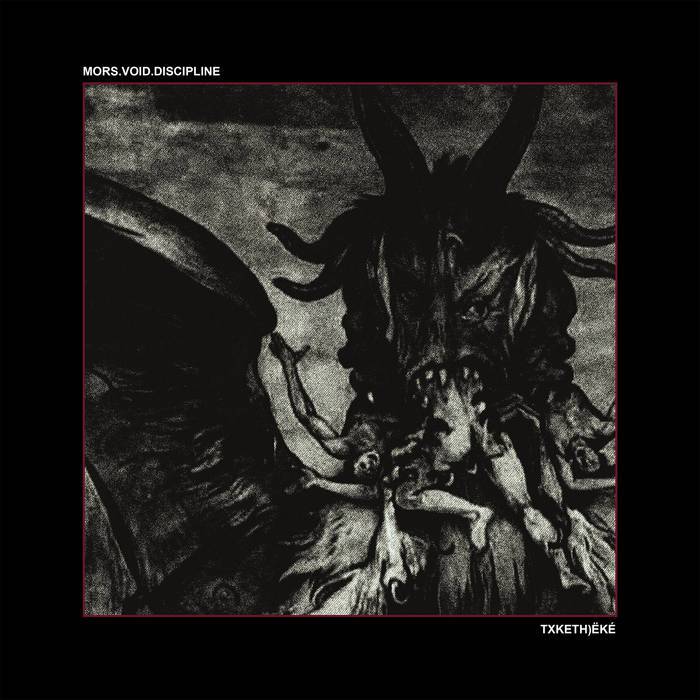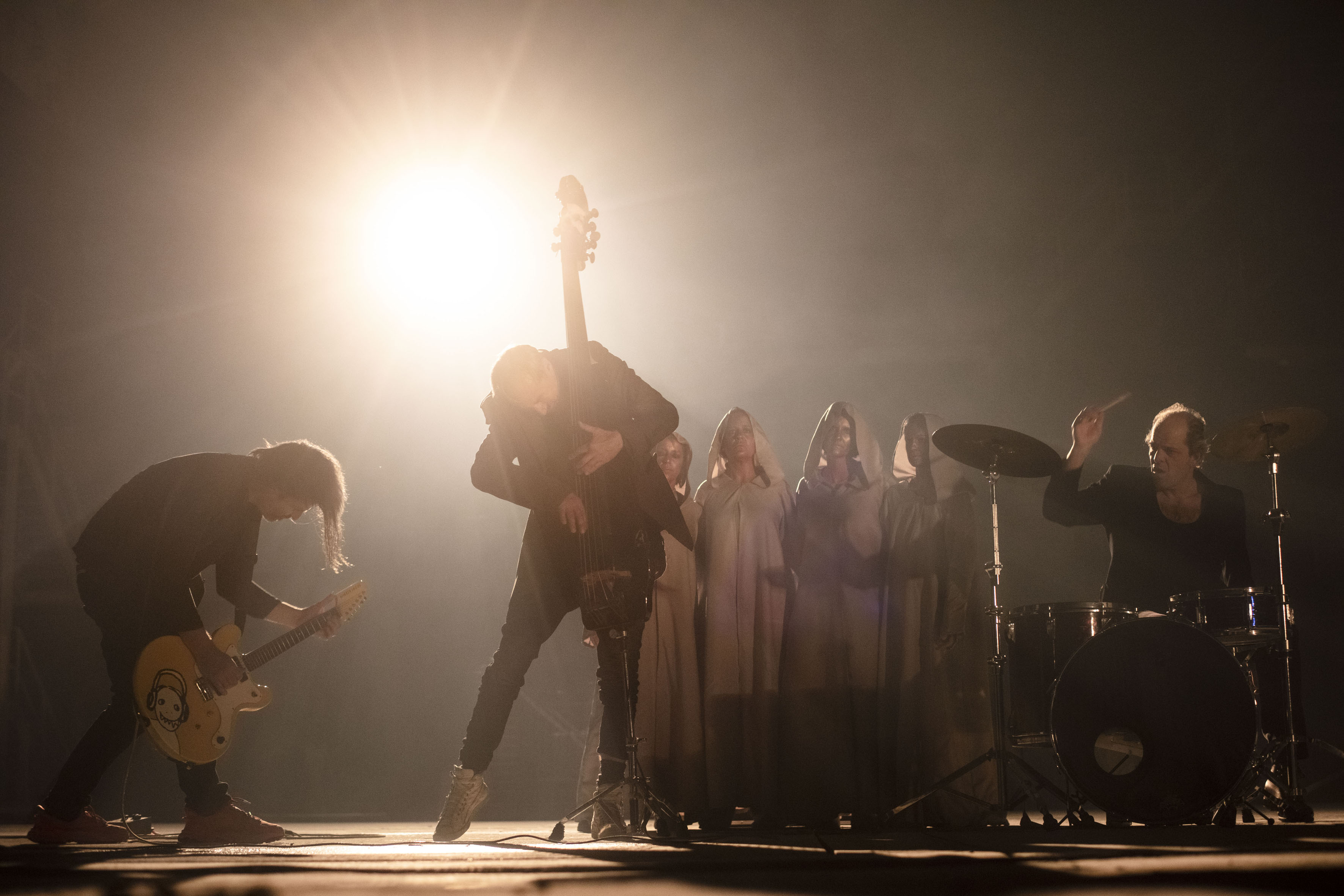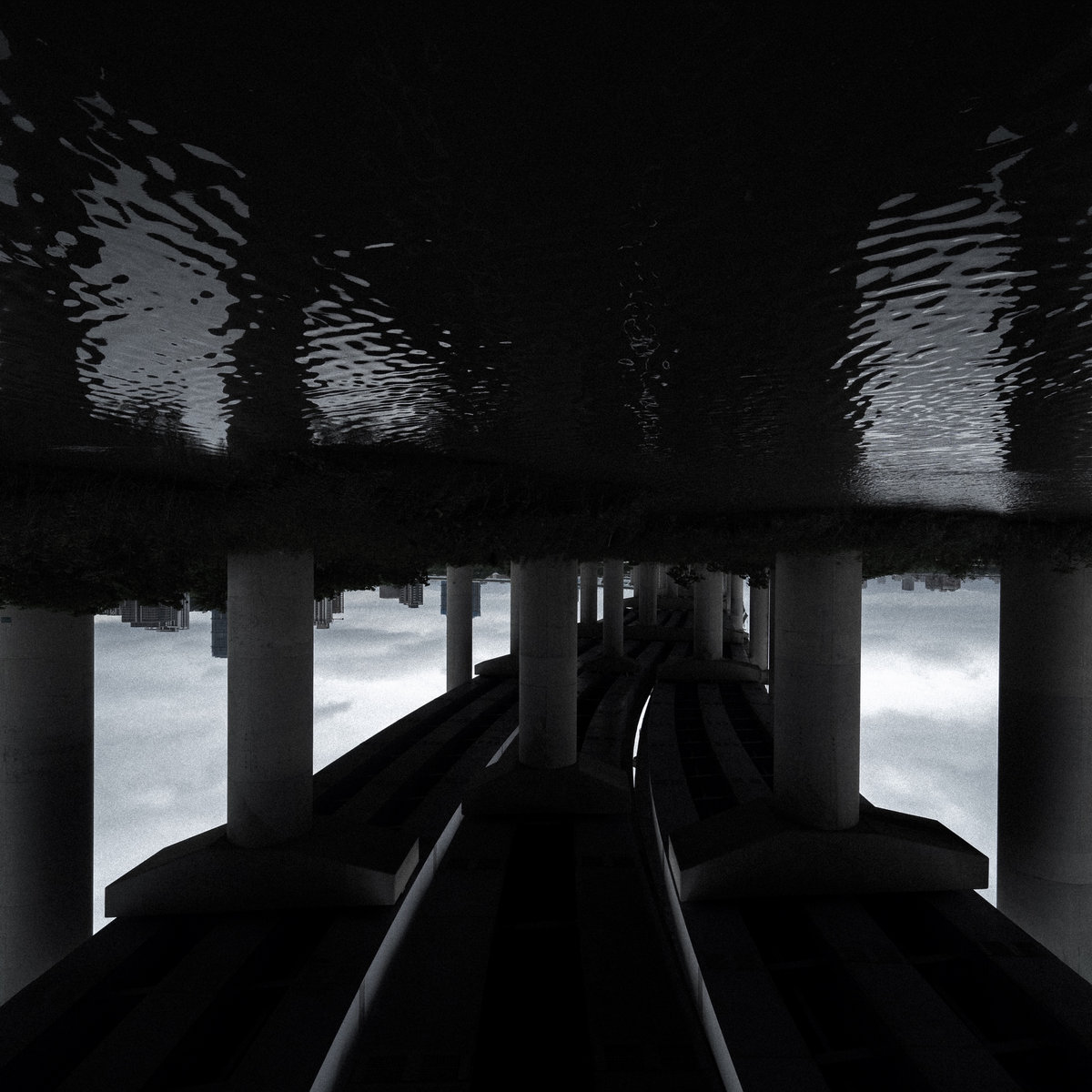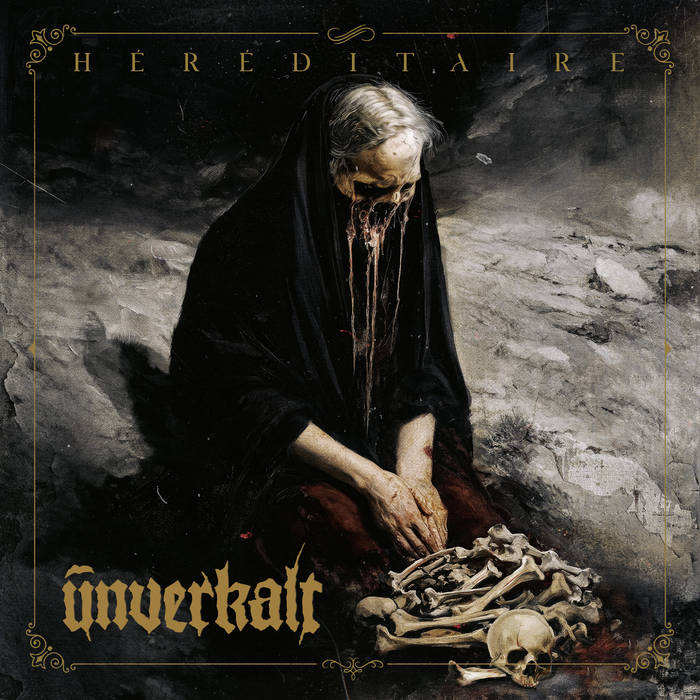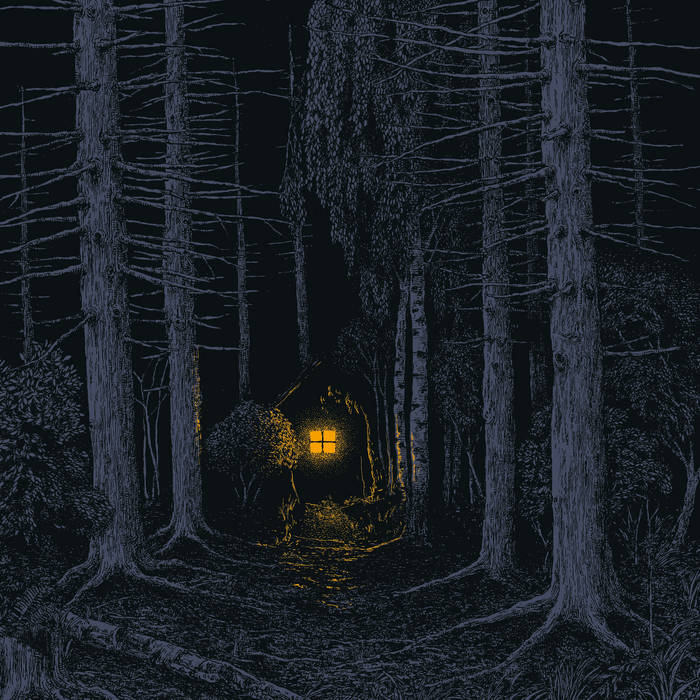One of my absolute favorite albums of 2020 was The Quiet Earth by the English band The Academy Of Sun: a sprawling collection of intelligent infectious earworms, somewhere within the stylistic triangle of Post-Punk, Synthie-Pop and Singer/Songwriter-Piano-Art-Rock. And while I was still finding new things to love about all the details of that masterpiece, Nick Hudson, the main singer/songwriter of the group decided to release a new solo album.
Solo doesn’t mean alone though. Nick Hudson, who can mainly be heard on vocals and piano, but is also responsible for organ, synthesizers, programming, vibraphone and whatnot, is accompanied by Lizzy Carey’s violin throughout the whole album and welcomes a handful of further guest musicians to several tracks.
So while there are a couple of spots here and there which could easily be sold as Academy Of Sun compositions, most of the music on Font of Human Fractures carries an easily distinguishable vibe. Interestingly, the two tracks which sound closest to a band performance are the two which Hudson didn’t write himself. Nevertheless, they are perfect examples for the album’s diversity:
“Tokyo Nights”, written by Penelope Hudson and John Darrell, sounds as if someone had mixed a rather simple, not to say silly early 80’s New Wave song with J-Poppy electronics to inflate it to something bigger. It’s nonetheless a short piece which rather works in context than as a standalone song.
The eight minutes long “Dambala” is almost the polar opposite. There are songs which are filled so much with a timeless grandiosity that it’s hard to believe they have actually been written by someone at some point in time. It’s easier to imagine them having existed in some dimension parallel to our world since forever, just waiting for its artists to connect with that dimension and let themselves be taken over by the song. “Dambala”, originally performed by the Bahamian Reggae/Folk artist Exuma is a work of that category and Hudson’s rendition does it justice. When piano, strings and a full band are swelling to full glory and he chants “You won’t go to heaven / You won’t go to hell / You remain in your graves / With the stench and the smell” there is no doubt that this is meant to be played as a doomsday epilogue after the end of everything. Of course Nick Hudson still follows it up with his last track “End Credits”, but that’s ok.
The album has more highlights in store, beginning with the opener “Surkhov’s Dream”, a haunting composition for organ, horror movie soundtrack strings and noise, in which Hudson also showcases the range of his vocals between sonorous spoken words and a chorus which climbs up to falsetto heights. Hudson’s voice changes its color from track to track, depending on the pitch level in which he is moving. Sometimes he reminds me of Leonard Cohen or Brendan Perry (Dead Can Dance), other times more of Holly Johnson (Frankie Goes To Hollywood). And adding Krystoffer Rygg to this list - as well as Ulver in general for musical reference - isn’t out of place either. On “Come Back When There’s Nothing Left”, one of the weirdest, most experimental, yet still very engaging passages of the album, it doesn’t even sound like himself at all. That’s because it isn’t him singing, but his friend Toby Driver (Kayo Dot), with whom he has not only toured through Europe as support and/or band member several times, but also recorded the fantastic improvisational collaborative album Black Feather Under Your Tongue last year.
Regarding Font Of Human Fractures however there’s still one epic piece left which has to be mentioned: Nick Hudson has raised himself on the piano partly by obsessively covering Tori Amos, and if it is a crime to perfectly emulate her style of playing, “The Ballad of K69996 Roma” undoubtedly sends him to jail. A shame, since this song has so much more to offer, including a surprisingly not-out-of-place yodeling solo part.
But no matter how many of the “out there aspects” of this album you pick out, at the very heart of it all this is just a guy who just sits down at the keys and writes some phenomenal songs. So, if you’re into great songwriting and don’t care whether you can exactly pin down what kind of music you’re actually listening to at every given moment, this might very much be something for you. And if it is, you will just like me probably forgive Nick for putting “Teenage Hudson Summons Epona” on the album. Not that this orchestral instrumental which he recorded at the age of sixteen is bad at all - but come on man, you’re really just showing off here, right?
Truth be told, with the album already having been out there digitally since April, this whole review isn’t exactly the hottest news. On the other hand I’m sure, it still deserves all the exposure it can get. Also fate just willed it that there is a new sister release available now, the K69996ROMA:EP. Hudson himself promises that it “is the shadow cast in the desert by the brutalist garret of Font Of Human Fractures – like Amnesiac to its Kid A, if you will. This takes the Pasolini-inspired ”The Ballad Of K69996 Roma” from that record and refracts it through a prism of… gay communist black metal chamber electronica”
Well, that is definitely an ardent genre description. You have my curiosity.

